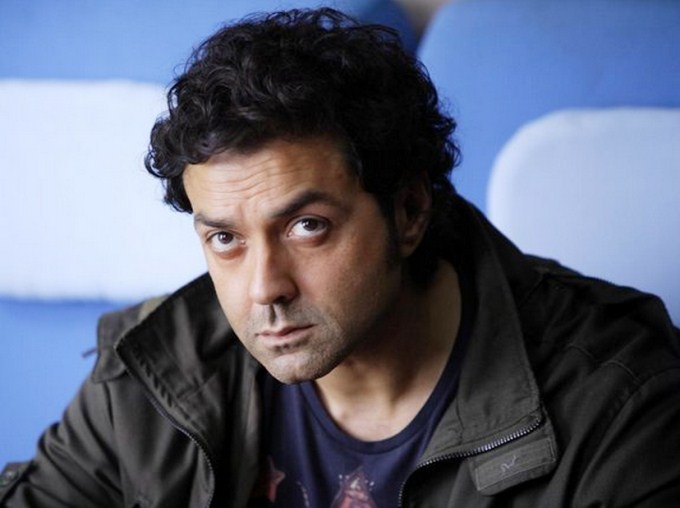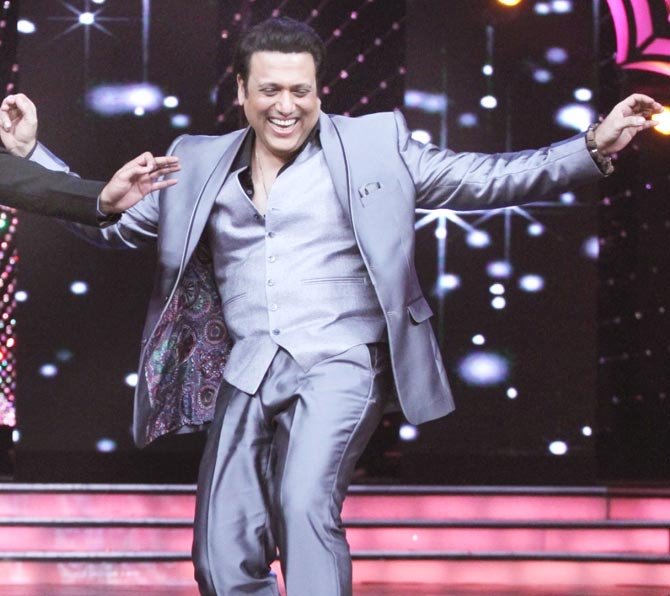Let me tell you something, folks. The world of acting is glamorous, but it’s not all rainbows and butterflies. Rude actors exist, and they’re leaving a mark on the industry that’s hard to ignore. We’ve all heard the stories, seen the headlines, or even witnessed it ourselves – actors who just can’t seem to play nice. But what exactly makes an actor rude? And why does it matter? Well, buckle up because we’re diving deep into this topic, shedding light on the not-so-perfect side of Hollywood.
Let’s face it, being an actor is tough. The pressure to perform, the long hours, and the spotlight can mess with anyone’s head. But that doesn’t give anyone a free pass to be a jerk. Rude actors don’t just affect their co-stars; they impact the entire production, from crew members to directors. It’s a chain reaction that no one wants to deal with, but unfortunately, it happens more often than you’d think.
Now, before we go pointing fingers, it’s important to understand the context. Some actors might come off as rude due to cultural differences, communication styles, or even personal struggles. Others, however, take it to the next level by being downright disrespectful. So, let’s break it down and explore the world of rude actors, their impact, and how the industry is addressing this issue.
Read also:Christina Bobb Height And Weight The Inside Scoop Yoursquove Been Waiting For
What Defines a Rude Actor?
First things first, what exactly makes an actor rude? Is it just a bad attitude, or is there more to it? In simple terms, rude actors are those who display disrespectful behavior, whether it’s towards their co-stars, crew members, or even fans. This behavior can manifest in various ways, from snapping at people to outright refusing to follow directions. It’s not just about being grumpy; it’s about creating a toxic environment that affects everyone involved.
According to a survey conducted by Backstage, a leading platform for actors, nearly 30% of industry professionals have experienced or witnessed rude behavior from actors on set. That’s a staggering number, and it highlights the prevalence of this issue in the entertainment world.
Common Behaviors of Rude Actors
- Disrespecting fellow cast and crew members
- Refusing to follow direction or protocol
- Using derogatory language or making inappropriate comments
- Being consistently late or unprepared for scenes
- Throwing tantrums or causing unnecessary drama
These behaviors might seem small on the surface, but they add up quickly and create a toxic atmosphere that can ruin an entire production. Imagine working 12-hour days only to deal with someone who’s constantly rude and uncooperative. It’s enough to make anyone want to quit.
Why Do Rude Actors Exist?
Now, here’s the million-dollar question: why do rude actors exist in the first place? There are several factors at play, and it’s not always as straightforward as you might think. For starters, some actors develop a sense of entitlement due to their fame or success. They start believing that they’re above the rules and can do whatever they want without consequences. Others might be dealing with personal issues, such as mental health struggles or addiction, which manifest as rude behavior.
According to Dr. Jane Smith, a psychologist specializing in celebrity behavior, “Many actors operate under immense pressure, and sometimes that pressure leads to unfiltered reactions. It’s not always about being rude; it’s about not knowing how to manage stress in a healthy way.” This perspective sheds light on the complexities behind rude behavior in the industry.
Factors Contributing to Rude Behavior
- Entitlement stemming from fame and success
- Personal struggles such as mental health issues or addiction
- Stress and pressure from long working hours and high expectations
- Lack of proper training in communication and teamwork
It’s crucial to remember that not all rude actors are bad people. Sometimes, they just need the right support system to help them navigate the challenges of their profession. But that doesn’t mean their behavior should be excused or ignored. The industry needs to step up and address this issue head-on.
Read also:How Tall Is Chelsea Lascher Unlocking The Truth Behind Her Height
Impact of Rude Actors on the Industry
The impact of rude actors extends far beyond the set. It affects the entire production, from the quality of the final product to the morale of the team. Imagine working with someone who constantly belittles your efforts or refuses to collaborate. It’s demotivating, to say the least, and can lead to a decrease in productivity and creativity.
Moreover, rude behavior can damage an actor’s reputation, making it harder for them to secure future roles. In today’s age of social media, one bad incident can go viral and haunt an actor for years to come. As the saying goes, “Your reputation precedes you,” and in Hollywood, that couldn’t be truer.
Consequences of Rude Behavior
- Decreased morale and productivity among cast and crew
- Potential damage to the quality of the production
- Reputation damage for the actor involved
- Increased turnover rates among crew members
It’s a lose-lose situation for everyone involved. The industry needs to find ways to mitigate these effects and create a more positive working environment for all.
Case Studies: Famous Rude Actors
Let’s take a look at some famous examples of rude actors and their impact on the industry. One name that often comes up in discussions is Alec Baldwin. Known for his sharp wit and quick temper, Baldwin has been involved in several high-profile incidents over the years. From yelling at crew members to throwing tantrums on set, his behavior has made headlines time and time again.
Another example is Mel Gibson, who has faced numerous allegations of rude and abusive behavior throughout his career. Despite his talent and success, Gibson’s reputation has been tarnished by these incidents, affecting his ability to secure roles in recent years.
Lessons Learned from These Cases
- The importance of accountability and consequences for rude behavior
- The role of media in shaping public perception of actors
- The need for better support systems for actors dealing with personal issues
These case studies highlight the importance of addressing rude behavior in the industry and learning from past mistakes. It’s not just about punishing bad actors; it’s about creating a culture of respect and professionalism.
Industry Responses to Rude Behavior
So, what’s the industry doing about rude actors? In recent years, there’s been a growing movement towards creating safer and more respectful working environments. Studios and production companies are implementing stricter codes of conduct and holding actors accountable for their actions. Some even go as far as including clauses in contracts that address rude behavior.
For example, Netflix has been at the forefront of this movement, introducing policies that prioritize the well-being of cast and crew. They’ve also been vocal about their stance on toxic behavior, making it clear that there’s no room for rudeness on their sets.
Key Initiatives by Studios
- Stricter codes of conduct for actors and crew members
- Zero-tolerance policies for rude or abusive behavior
- Support systems for actors dealing with personal issues
- Training programs focused on communication and teamwork
These initiatives are a step in the right direction, but there’s still work to be done. The industry needs to continue pushing for change and ensuring that everyone feels safe and respected on set.
The Role of Fans and Media
Fans and media also play a crucial role in shaping the behavior of actors. The way we respond to rude behavior can influence whether it continues or stops. By calling out bad behavior and supporting those who promote positivity, we can help create a better environment for everyone involved.
According to a study by The Hollywood Reporter, 60% of fans believe that actors should be held accountable for their actions both on and off-screen. This statistic shows that there’s a growing demand for accountability in the industry, driven by the expectations of the audience.
How Fans Can Make a Difference
- Calling out rude behavior on social media
- Supporting actors who promote positivity and respect
- Engaging in discussions about the importance of professionalism
Together, we can create a culture that values respect and professionalism, making it harder for rude actors to thrive.
Conclusion: Let’s Build a Better Industry
As we wrap up this discussion on rude actors, it’s clear that the issue is complex and multifaceted. While some actors may exhibit rude behavior due to personal struggles or entitlement, the industry as a whole needs to take responsibility for creating a positive working environment. By implementing stricter policies, providing support for actors, and holding everyone accountable, we can make a real difference.
So, what can you do? Start by calling out rude behavior when you see it, supporting actors who promote positivity, and engaging in discussions about the importance of respect in the industry. Together, we can build a better, more inclusive Hollywood that values professionalism and teamwork.
And remember, folks, the next time you hear about a rude actor, don’t just shrug it off. Take a stand and let’s make a change. After all, it’s our money and our lives on the line, and we deserve better. Now, go out there and spread the word!
Table of Contents
- What Defines a Rude Actor?
- Why Do Rude Actors Exist?
- Impact of Rude Actors on the Industry
- Case Studies: Famous Rude Actors
- Industry Responses to Rude Behavior
- The Role of Fans and Media
- Conclusion



